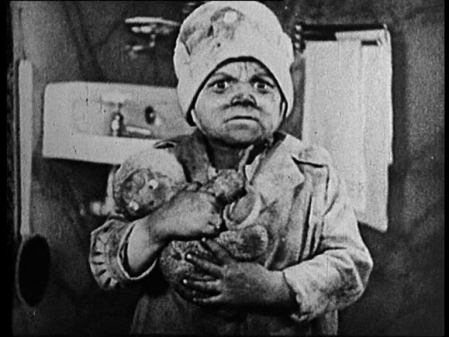The BBC has a long tradition of televised ghost stories at Christmas time, often involving M.R. James adaptations. Mark Gatiss has happily revived the idea this year with his version of The Tractate Middoth.
But here’s one from the ’70s, (heyday of this activity) made by commercial television, and it’s at least as good as the Lawrence Gordon Clarke movies the Beeb were turning out, while running about a third of the length. James is such an economical writer and most of his stories so simple that it’s no squeeze at all, and in fact the film feel’s leisurely. But the sting in the tale is powerful — it even gets away with depending on special effects, which work precisely because they’re so unexpected after the low-key exposition. It feels like the film itself has been invaded by another reality.
Interesting to see a maze played for terror before THE SHINING. Our director, Tony Scull, who, like his film, has existed without leaving any trace upon the IMDb, exploits the ragged and decaying hedgerows so he can film through them and get what we call Sid Furie shots, where the camera seems to be spying on the actor, implying some sinister presence. Sadly, this stops him from doing what Kubrick did, moving the camera through the maze giving us the subjective impression of being lost and enclosed. True, he wouldn’t have had access to a yet-to-be-invented steadicam, but hand-held could work just as well — wobble and lurch can add to our nervousness.
But he scores at the end, particularly when the credits start to rise before the VO has finished wrapping up the plot — this sounds like it could be messy, but it’s beautifully effective, capturing attitude of the uncaring universe as embodied by the TV schedule — we have to move on, and we can’t worry too much if some poor chap has just had his nerves shredded. And how are your nerves? Feel any urge to look behind you and check that no malefic presence has materialized through the floorboards while you were intent on your screen?
BBC Ghost Stories for Christmas (Expanded six disc set) PAL ONLY
STOP PRESS: we’re told that this short is an extra on this DVD: Casting the Runes [1979] [DVD] Maybe if a few of you click through and buy it I’ll feel less guilty about inadvertently pirating something that was commercially available! The main feature is a TV adaptation of the same MR James story that became NIGHT OF THE DEMON…



